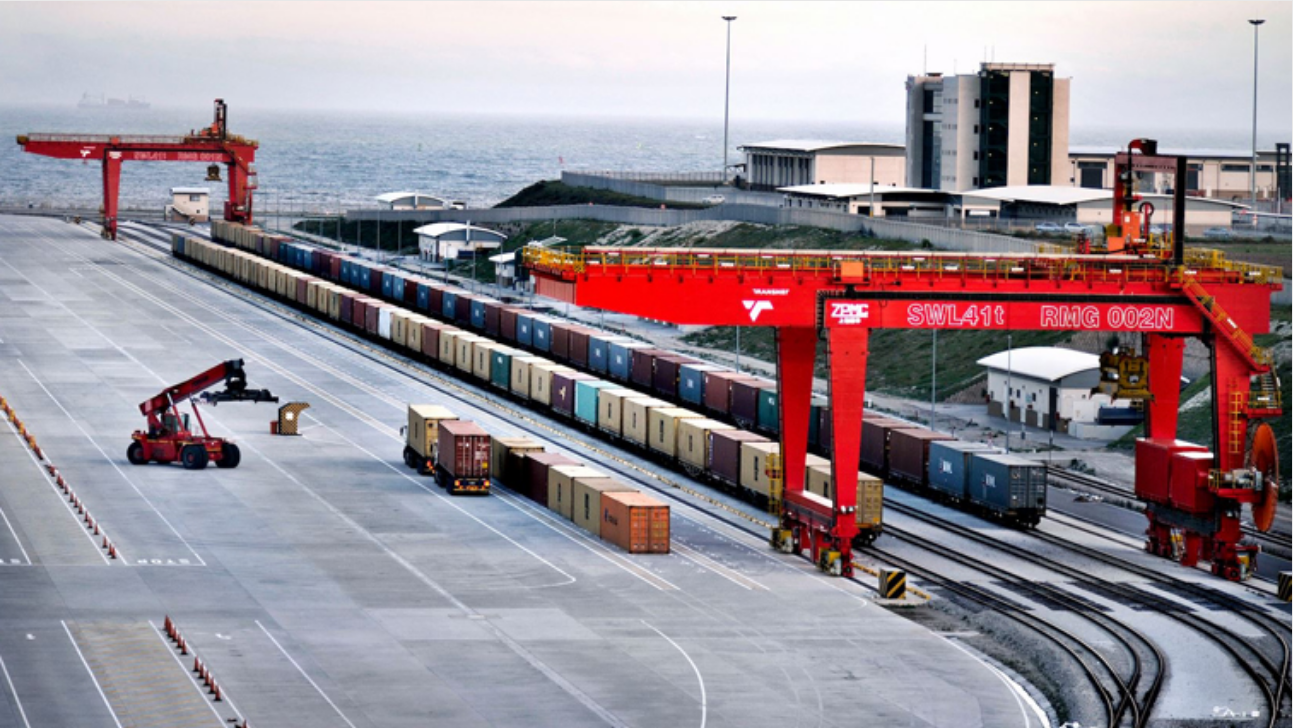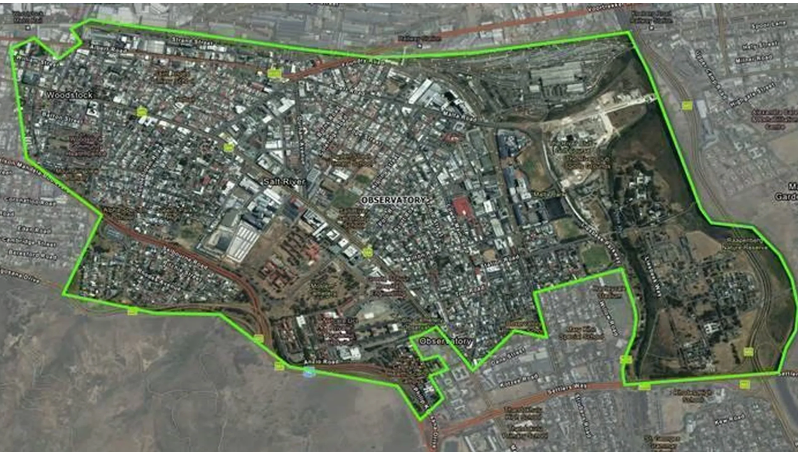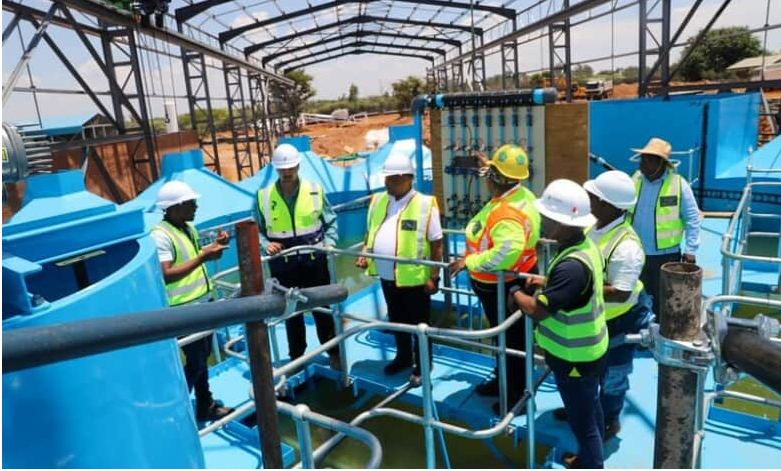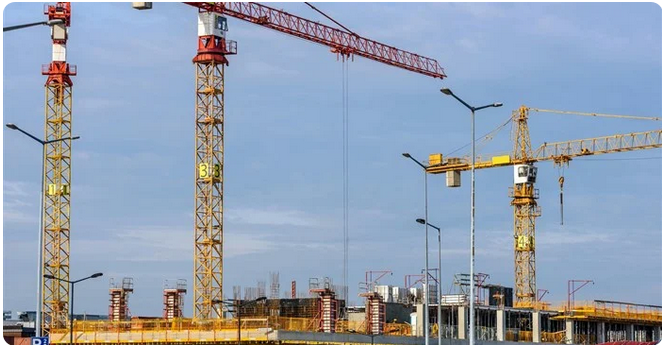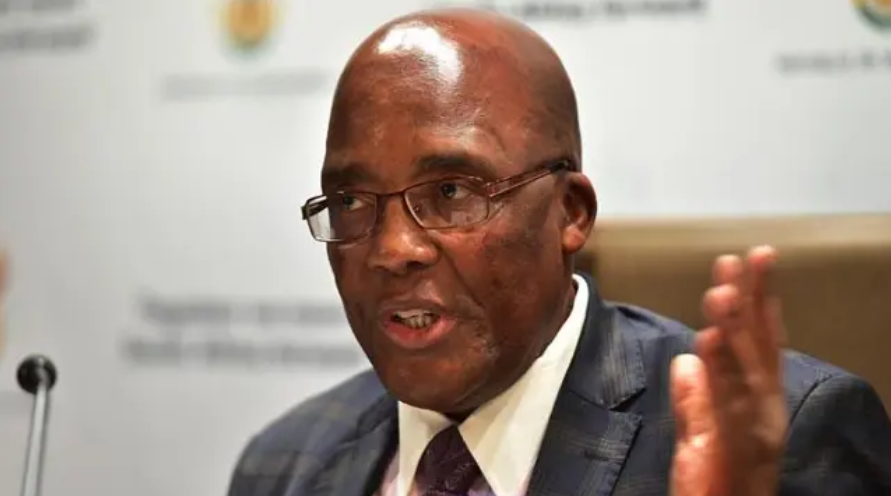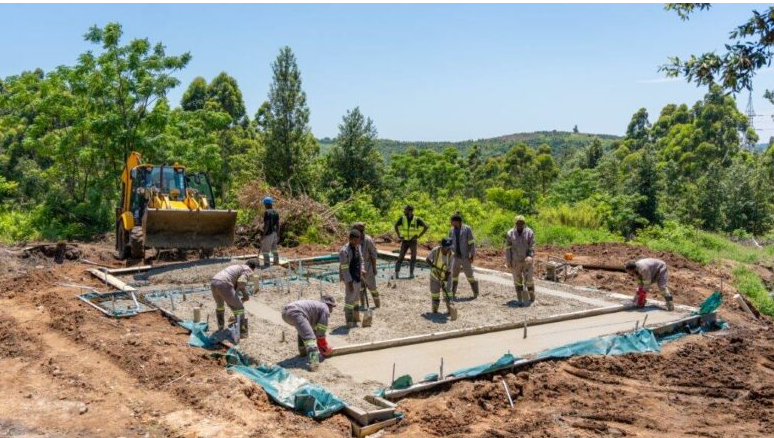Draft regulations to address construction mafia criminality
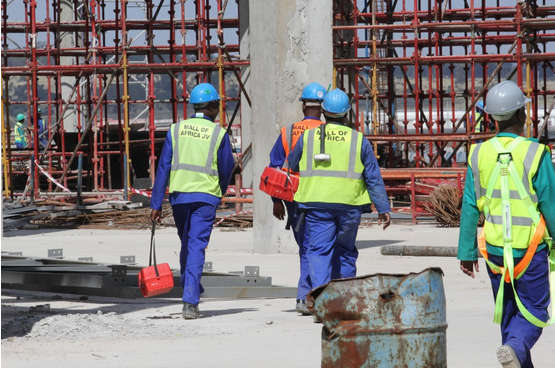
09-01-2025
Read : 56 times
Moneyweb
Source
State takes another step against weaponisation of well-meaning policies in local procurement.
The reserving of a 30% share of the contract value of government projects was created for well-meaning South Africans and ‘never intended for criminals’. Image: Supplied
Regulations to the Public Procurement Act that will address extortion and other criminal acts committed by the so-called construction mafia are being drafted.
National Treasury has confirmed that it is responsible for drafting the regulations. It says planning for the provision of input began in August through a broad consultative process, with the drafting process envisaged to be completed in 2025.
It said the act does not provide for the construction mafia “per se” but for the criminalisation of any conspiracy to commit extortion as one of the offences provided for in Section 60 of the act, which was signed into law on 18 July 2024.
“In terms of Section 69, the Act will take effect on a date to be determined by the President by proclamation in the Government Gazette [but] different dates may be determined for different procuring institutions,” it said.
National Treasury’s confirmation regarding the drafting of the regulations follows the Parliamentary Portfolio Committee on Trade, Industry and Competition late last year welcoming “the move to criminalise the demands of the construction mafia for a 30% share of the contract value of government projects by people without contributing any form of work”.
Twisted interpretation
Committee chair Mzwandile Masina said the 30% is an empowerment measure for small, medium and micro enterprises (SMMEs) that are mostly alienated from infrastructure projects, but it has been “turned into extortion by these groups”.
“The government allocates 30% of the value of projects to SMMEs with a view to empower them, and those they employ.
“Unfortunately this has led to thuggish behaviour, with criminals demanding payment and bringing projects to a halt,” he said.
“The committee supports strong action against anyone involved in such practices and misuses this empowerment measure for their own gains.”
Masina’s comments follow the committee being briefed by National Treasury on the Public Procurement Act and its role in contributing to industrialisation, inclusive growth and transformation.
The meeting saw the Department of Trade, Industry and Competition and the Department of Performance Monitoring and Evaluation clarifying their roles in ensuring compliance with local content designations and transformation objections as empowered by the Public Procurement Act.
Clamping down
The committee expressed concern that a vast number of infrastructure and housing projects were hijacked in the name of the 30% of contracts earmarked for black-owned emerging contractors, resulting in project sites being abandoned before contracts were completed.
“This intervention was never intended for criminals, but well-meaning South Africans who want to come into the mainstream economy [and] be equipped with skills and grow,” Masina said.
“This frustrates the good intentions of government, and we call on law enforcement to act when the regulation is operationalised,” he said.
Masina said the committee condemns this kind of extortion and is of the view “government had left a loophole for too long”.
“It is time to clamp down on this kind of criminality,” he said.
Approached for comment about the new regulations, Masina confirmed that National Treasury is responsible for drafting the regulations and referred Moneyweb to National Treasury for a response to its queries.
National Treasury stressed that it is only responsible for drafting regulations to the Public Procurement Act on provisions where regulations are needed in terms of the act.
“To the extent possible, regulations must be based on the Act as regulations falling outside the scope of the Act will be declared invalid as they will be ultra vires the Act,” it said.
“In addition, Section 63 provides a list of some of the regulations that the Minister must or may prescribe.
“Section 64 of the Act provides for instructions to deal with other critical matters that may not have been provided for in the regulations on an ongoing basis.
“But the principle is to ensure that regulations are as comprehensive as possible.”
Special vs ordinary rule of law?
National Treasury’s response was vague to a Moneyweb question on what will make these regulations different to the normal laws of the country in terms of which extortion and blackmail are already illegal.
“As indicated, extortion is one of the criminal offences provided for in the Act that law enforcement agencies must deal with in terms of all relevant legislation,” it said.
It did not respond to another question on whether the penalties for the extortion, blackmail and other activities of the construction mafia will be more severe than is currently the case with South Africa’s laws related to these offences.
Anti-criminality declaration
A historic partnership agreement to decisively stop the criminal disruption of construction sites countrywide by the construction mafia was signed at the National Construction Summit on Crime-Free Construction in Durban in mid-November by Minister of Public Works and Infrastructure Dean Macpherson, Deputy Minister of Police Cassel Mathale, Deputy Minister of Finance Ashor Sarupen and Construction Industry Development Board (CIDB) chair Khulile Nzo.
Macpherson said the signing of the declaration marked the beginning of a collective effort to put an end to the criminality that has plagued construction sites in the country for far too long.
“We are drawing a line in the sand to say that lawlessness will no longer be tolerated.
“We will no longer be negotiating with criminals just to be able to build the essential roads, dams, schools and hospitals that our people need,” he said.
Macpherson said the five key pledges in the declaration represent a decisive and multifaceted approach to the crisis and propose a series of interventions to be implemented over the course of 2025 to end disruptions at construction sites.
These pledges include:
- Strengthening the legislation governing the construction industry;
- Implementing appropriate policies for the development of the construction industry;
- Prioritising law and order through enhanced data collection and reporting systems;
- Enhancing rapid response to lead to arrests for extortion on construction sites and prosecutions;
- Developing standard frameworks and guidelines for embedding social facilitation in project planning and implementation;
- Providing for the systematic and structured development of emerging enterprises and skills development;
- Establishing collaborative platforms for industry stakeholders to share best practices; and
- Collaborating on solutions to the problems faced by the construction industry.
Macpherson highlighted the devastating impact of the construction mafia on small to medium-sized black-owned businesses, which often lack the means to protect themselves and thus become the primary victims of extortion and intimidation.
“When these businesses collapse under the pressure of extortion, the impact is felt far beyond the construction site. It devastates entire communities,” he said.
Macpherson stressed that it is critical to not allow criminal syndicates to weaponise well-meaning policies in local procurement and while the 30% rule for emerging contractors was designed to empower local communities, it has been exploited as a tool for extortion.
“We must urgently review and refine policies to ensure that their original intent is upheld, empowering the rights of people and promoting genuine growth in local economies.”
Recent News
Here are recent news articles from the Building and Construction Industry.
Have you signed up for your free copy yet?
